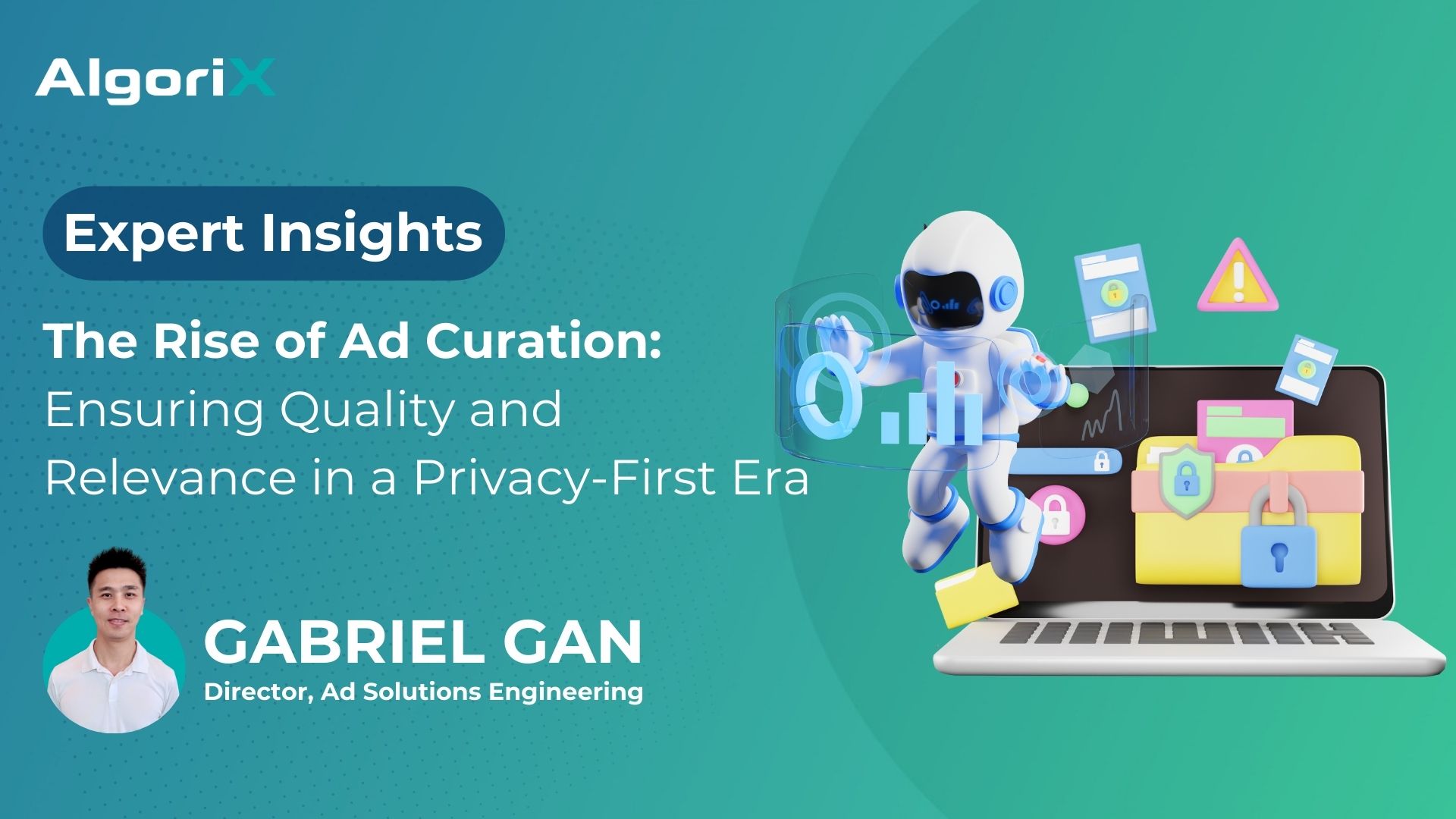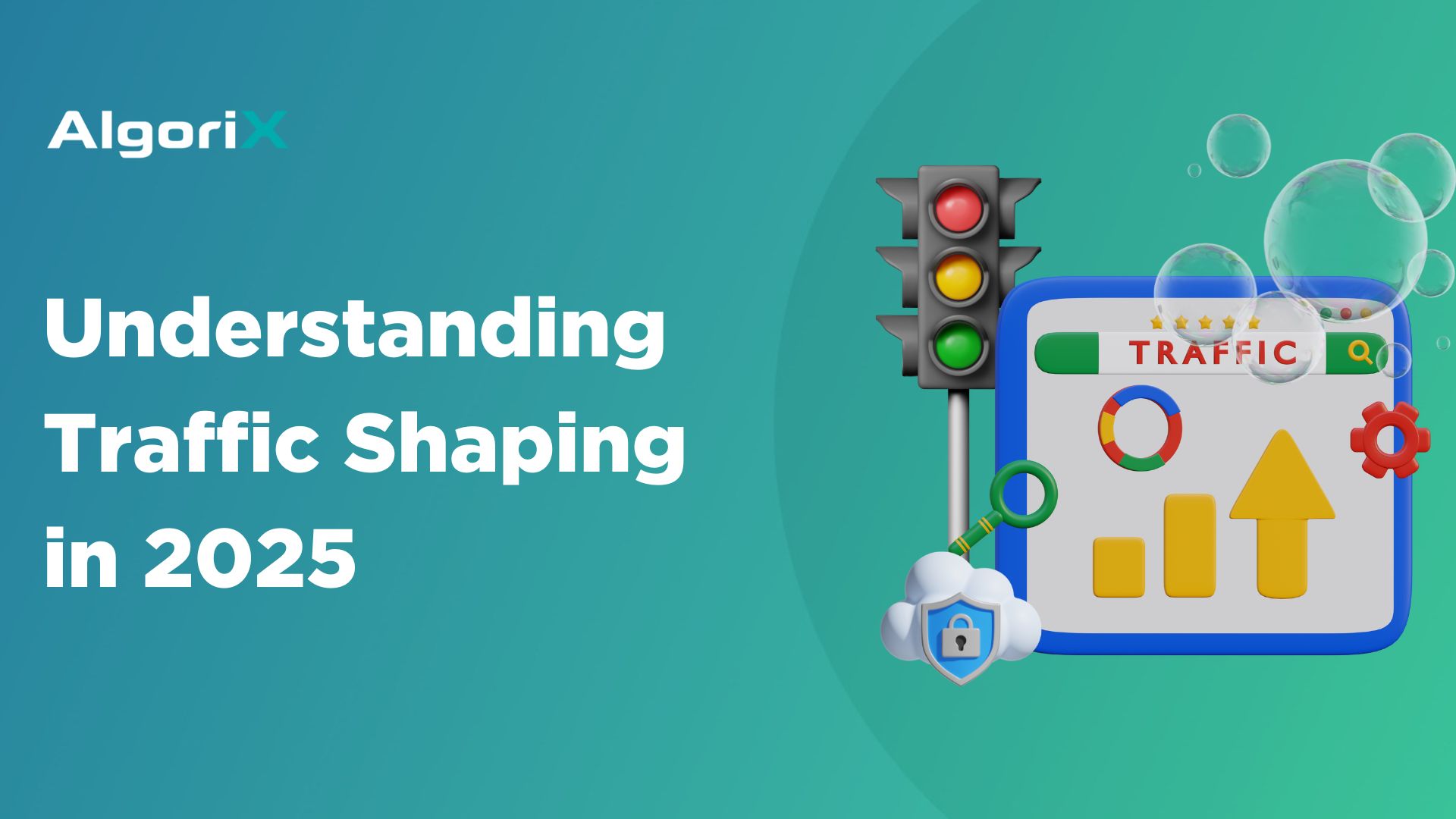The holiday season is when advertising seems to be at its most vibrant and persuasive. But have you ever considered the role of artificial intelligence (AI) in shaping these advertisements?
As we dive into the festive season, a crucial conversation emerges. How do retailers balance the benefits of AI-driven personalization with the ethical considerations of privacy and user consent?
The Transformative Power of AI in Holiday Campaigns
Retailers are turning to generative AI for more effective and personalized promotions. McKinsey’s study highlights that about 85% of retailers experiment with generative AI to enhance customer experience. This shows a significant shift towards AI-driven strategies in retail.
With its unique blend of emotional resonance and commercial activity, the holiday season presents a prime opportunity for retailers. It’s a golden opportunity for them to leverage AI for enhanced personalization and efficiency.
During the holidays, consumer purchasing patterns shift significantly, focusing on gift-giving, festive decorations, and holiday-specific products. AI can analyze these seasonal trends and give retailers insights into consumer preferences. This allows retailers to tailor their marketing campaigns more effectively.
Navigating Ethical Challenges in AI Advertising
Along with its broader applications come the challenges.
Balancing Personalization with Privacy
Personalization is critical in holiday advertising, but it’s crucial to maintain consumer privacy. AI’s ability to analyze customer data for personalized content must be tempered with strict privacy controls.
Ensuring Transparent Data Usage
Transparency in the use of consumer data in AI algorithms is essential. Consumers are increasingly aware and concerned about the usage of their data. That’s why there should be a conscious effort to be transparent.
Gaining and Managing Informed Consent
Informed consent for data usage is a legal requirement and a cornerstone of ethical AI. Retailers must ensure they secure consent and manage data respectfully.
Best Practices for Ethical AI Implementation
Here’s how brands can ensure their AI advertising campaigns remain effective and ethical:
Champion Transparency in Data Usage and AI Functionality
Retailers should be transparent about how they use AI in their campaigns. They must disclose AI involvement in data analysis. Customers should have ample information about data collection and use.
Uphold User Consent and Privacy at the Forefront
Respecting user privacy and ensuring consent for data usage should be a priority. This involves clear communication and easy opt-out options. Retailers must comply with global privacy regulations and standards to reinforce their commitment to user privacy.
Address and Mitigate AI Bias
AI algorithms can unintentionally perpetuate biases. Retailers must actively work to identify and mitigate these biases. It’s best to engage diverse teams in AI development and decision-making processes to reduce the risk of bias in their algorithms.
Embrace Accountability and Ethical Responsibility
Retailers should take responsibility for the outcomes of their AI tools, including any unintended consequences. Establish ethical guidelines for AI usage and continuously monitor AI systems to ensure they align with these principles.
Prioritize User Well-Being and Trust
Building trust with consumers is critical. Do this by prioritizing user well-being in all AI-driven advertising efforts. Retailers must balance commercial objectives with genuine concern for the impact of AI on their customers’ daily lives.
Adopt and Comply To Uphold Ethical AI this Holiday and Beyond
As the advertising industry embraces the potential of AI in holiday campaigns, it’s essential to adhere to ethical standards and legal compliance, especially when dealing with sensitive user information. In this regard, the Interactive Advertising Bureau (IAB) has made significant steps towards developing and setting industry standards. Recently, the implementation of IAB Europe’s TCF v2.2 became effective as of November 20, 2023. This framework provides guidelines to help ad tech players comply with ePrivacy Directive and General Data Protection Regulation (“GDPR”) requirements. It can also serve as a basis for handling user data such as when using AI for advertising purposes. For industry players who haven’t transitioned to TCF v2.2, it’s crucial to do so, considering the deadline has already passed. In addition to GDPR compliance, the MSPA framework in the US also signifies the industry’s growing commitment to data protection and privacy.
Note that AlgoriX is a signatory of the MSPA framework. The company also supports TCF v2.2, complying with IAB’s Q4 deadline. All these efforts are geared towards enhancing transparency in data handling, ensuring consumer privacy, and maintaining trust. Such commitment exemplifies AlgoriX’s proactive approach to compliance and ethical responsibility.













